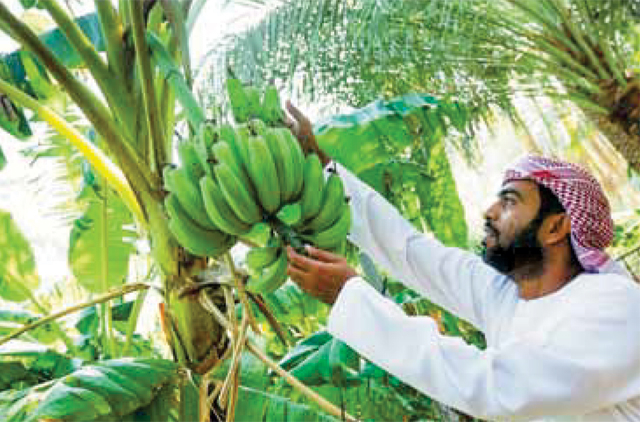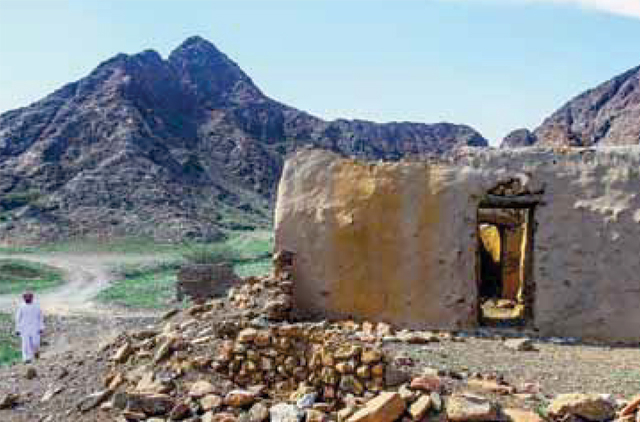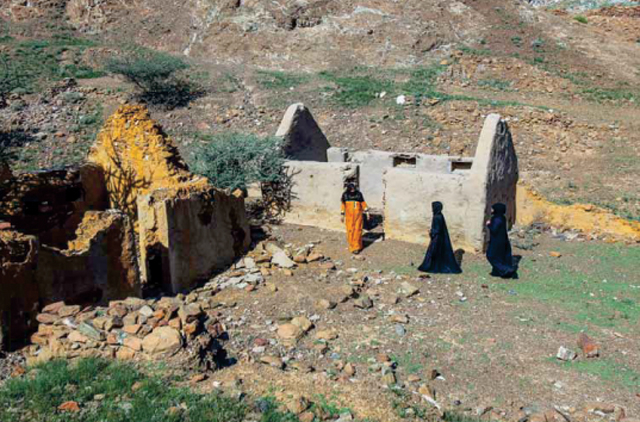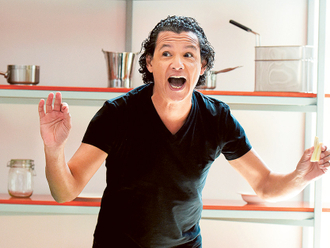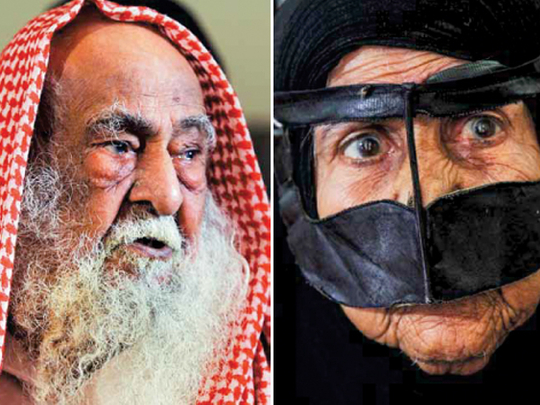
Dubai: When Ali Al Hassani got on his donkey in the ’60s and travelled for eight days straight from Dibba to Dubai to sell his dates, he never even dreamt of the changes his country would undergo.
After working hard in the service of the UAE, he believes the UAE and its leaders are now giving back to him.
The Emirati, who belongs to the Hassani tribe, a Bedouin community that used to live in the mountains of Dibba, Fujairah, recalled the difficult life he and his community went through before the union.
“Life was full of hardship; I used to work in farms, harvest dates and plant palm trees. There were no roads or cars; I used to travel by donkey to get to Sharjah to work in farms. I also used to sell my dates and wood to people in Ras Al Khaimah and Dubai,” said the old half-paralysed man.
To reach Ras Al Khaimah, Ali had to travel on his donkey for four days, while it took eight days to get to Dubai or Sharjah.
Ali also used to work unofficially free-of-charge as the imam who called the people of his community to prayer.
Following the union, the government officially hired Hassani as the imam and he still receives a pension of Dh10,000 for his past services.
Raya Al Hassani, his niece and daughter-in-law, took Gulf News to their old community where Ali used to call the people to prayer.
Less than one kilometre away from their current community was what seemed like a historic site with mud houses located between the mountains of Dibba.
“That is the mosque where my uncle Ali used to call people to prayer,” said Raya, pointing at one of the old mud shacks.
Raya said most of the community used to earn their living from farming, especially harvesting dates that grew on the land.
According to Raya, the date harvest would sell for 20 to 30 rupees, and a bag of flour or rice would sell for two rupees.
“We women used to milk the cows and do everything by hand; up until today, I still go up the mountains to get grass for my goats,” she added.
Despite being in good health back then, Ali said today’s life is better because the hardship he went through in the past was very challenging.
“It was very difficult, we did not relax; all that we did was work. Food was little and we lived in poverty. I do have diseases today but I can relax. After the union, things changed, the government is taking care of us. They gave us houses in the ’70s and we have electricity,” said the old man.
“God heal Shaikh Khalifa and bless Shaikh Mohammad,” he said.


